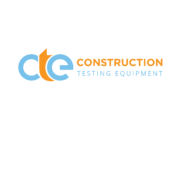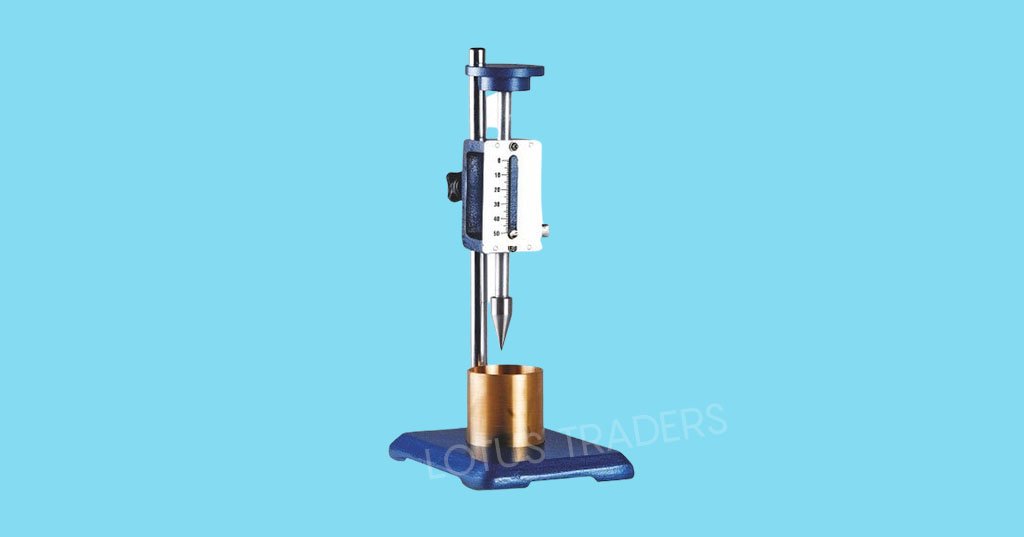Features of Soil Cone Penetrometer:
Features |
Specifications |
|---|---|
|
Power
|
Electric
|
|
Total sliding weight
|
148 gm
|
|
Cone Angle
|
Half angle of 15-30 minutes
|
|
Minimum Order Quantity
|
1 Piece
|
Product Description - Soil Cone Penetrometer
Penetrometers are devices used to measure the force required to push a metal rod of known diameter through a growing medium. They can be manual and portable, or machine-driven and stationary. Cone penetrometer is intended to represent a root pushing material.
A Soil Cone Penetrometer is an instrument used to perform a Cone Penetrometer Test (CTP) which is used to determine the preliminary geotechnical properties of soils such as Soil strength, assessment and delineation of soil horizons can be interpreted.
A soil cone penetrometer is used to determine the flow resistance of soils. This is particularly useful for obtaining reliable and accurate results for soils with a low plasticity index. The percentage of moisture determined when the cone penetrates 25 mm at an average angle for 15 to 30 minutes under a total slip weight of 148 g provides the liquid limit.
A Soil Cone Penetrometer tester presses the steel cone vertically into the ground. The conical penetrometer is equipped to measure the penetration resistance at the tip and the friction on the shaft (friction sleeve) during penetration. A CPT probe equipped with a pore pressure sensor is called a CPTU.
Standards for Soil Cone Penetrometer: IS 2720 (PART IV)
Use of Soil Cone Penetrometer test for soil:
- The Soil Cone Penetrometer is recommended as a measuring device for uniform and consistent characterization of the penetration resistance of soils. The force required to push circular cone 30 through the ground, expressed in kilopascals, is an index of soil resistance called the cone index.
- Provide a common methodology for the construction of a device capable of measuring the general mechanical conditions of the soil, facilitating the communication and interpretation of soil data by different researchers.
- To help those working with different soils and soil conditions who need a measurement of soil mechanical properties for comparative purposes.
- Provide a common system for characterizing soil properties from which predictive and performance relationships can be derived from Soil Cone Penetrometer.
How to use a Soil Penetrometer
The Soil Cone Penetration Test (CPT) is an in-situ test to determine soil type. In this test, a conical penetrometer is placed in the ground at a standard speed and data is recorded at regular intervals during penetration. A Soil Cone Penetrometer test bench presses the steel cone vertically into the ground. The conical penetrometer is equipped to measure the penetration resistance at the tip and the friction on the shaft (friction sleeve) during penetration. A CPT probe equipped with a pore pressure sensor is called a CPTU. CPT probes are also used with other sensors.


